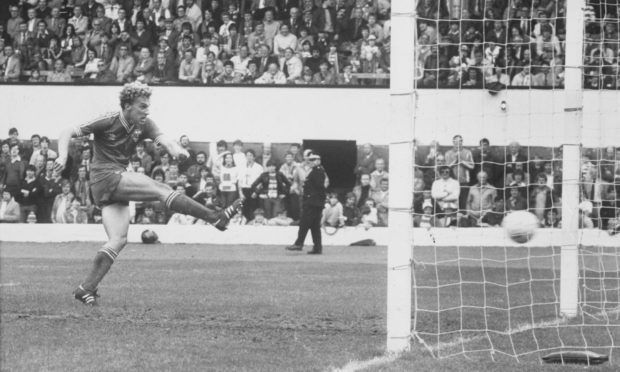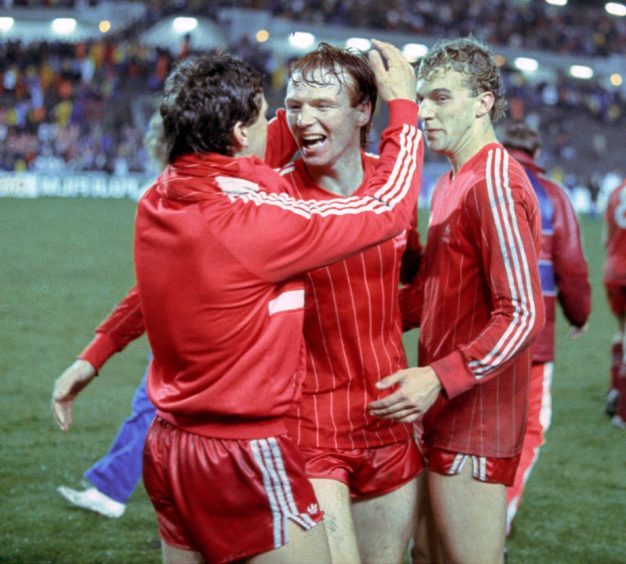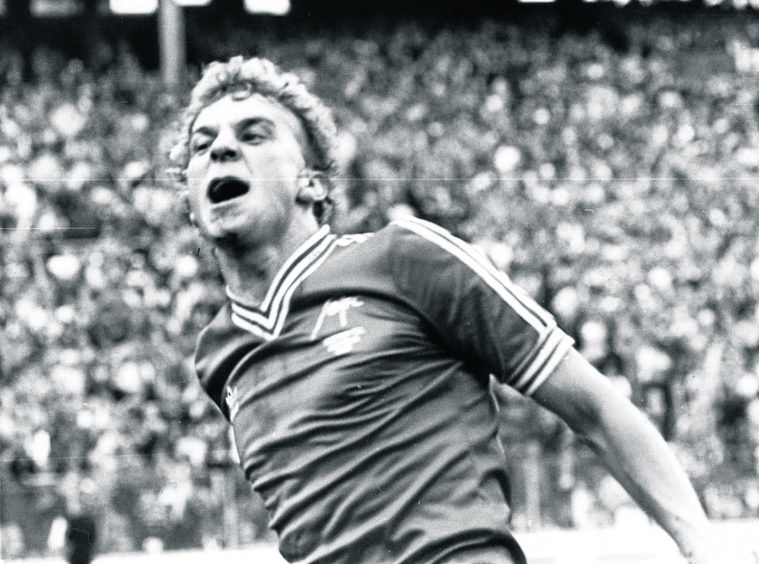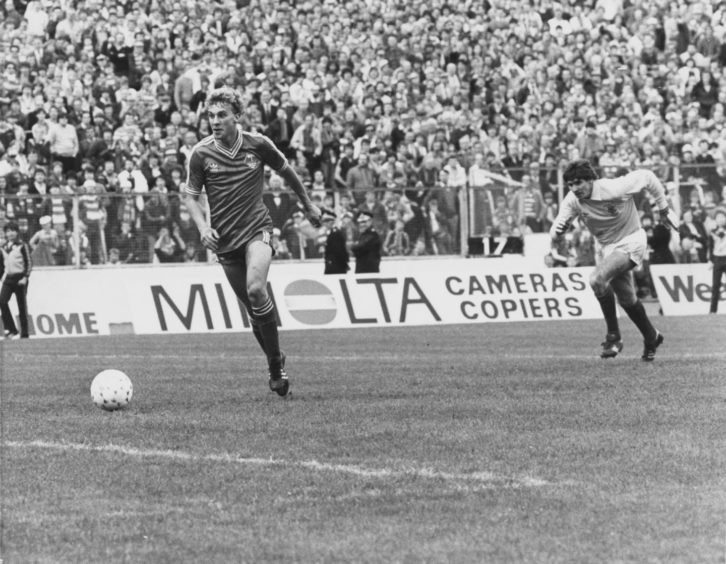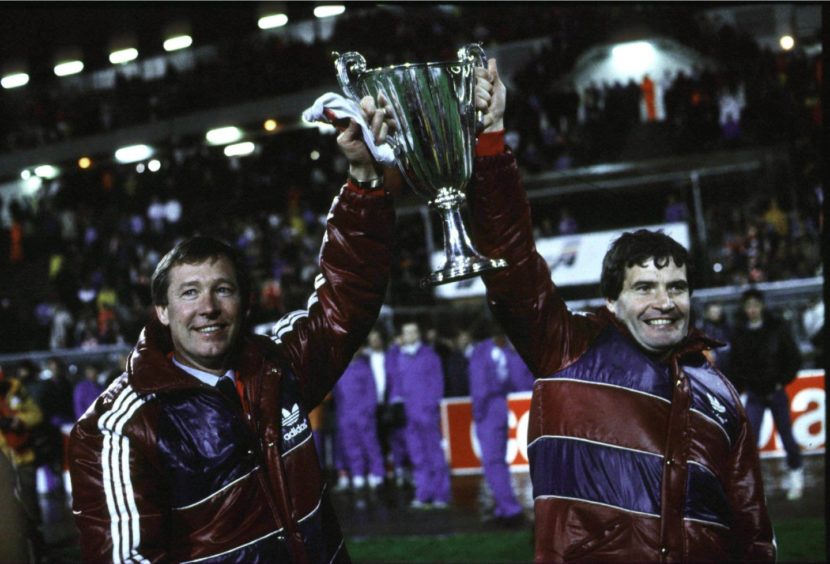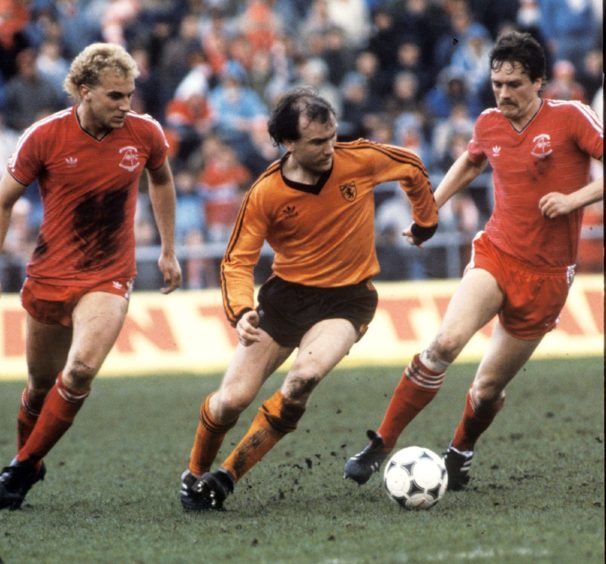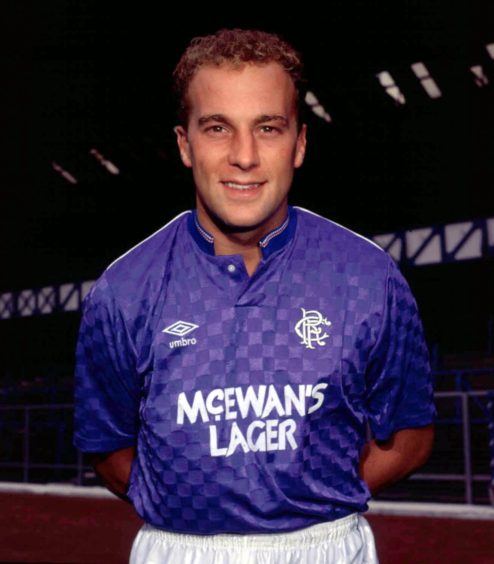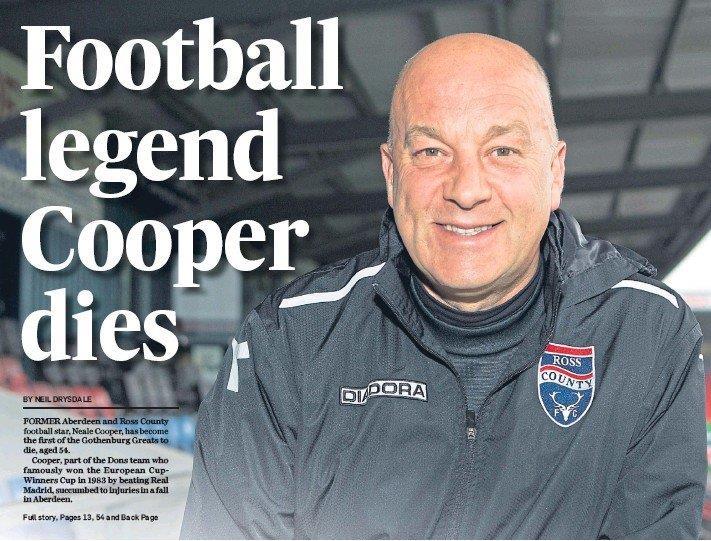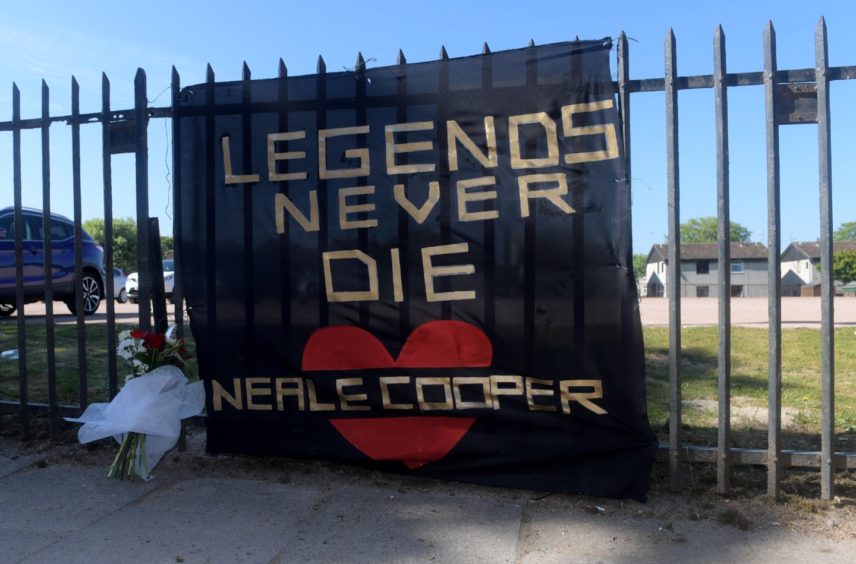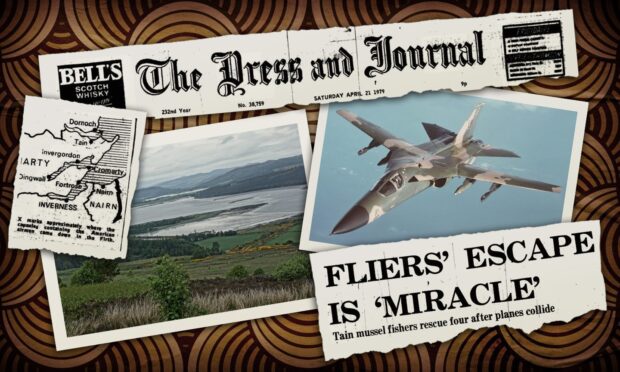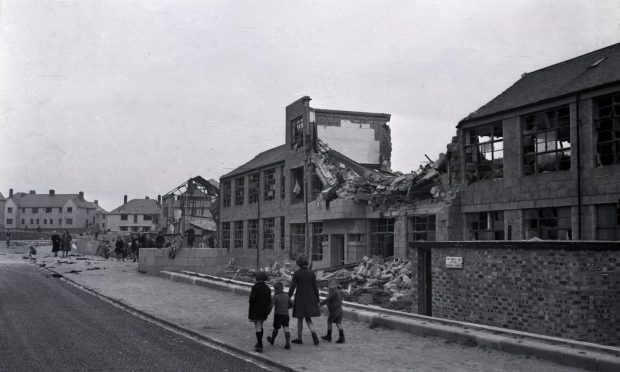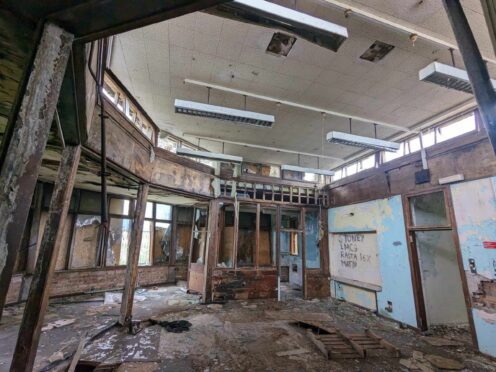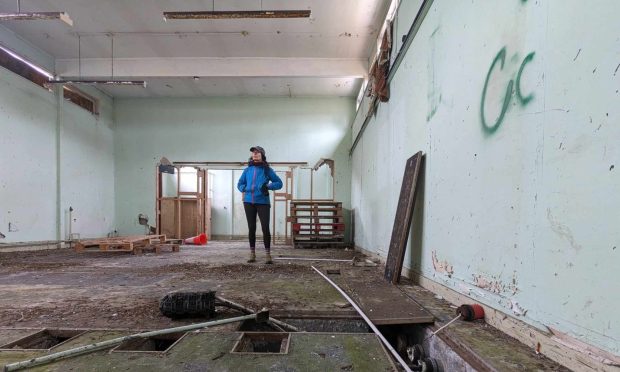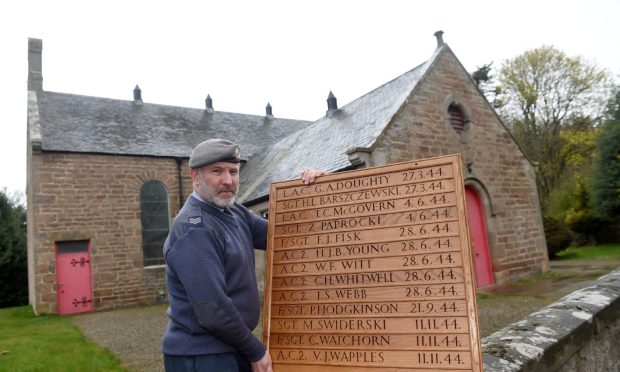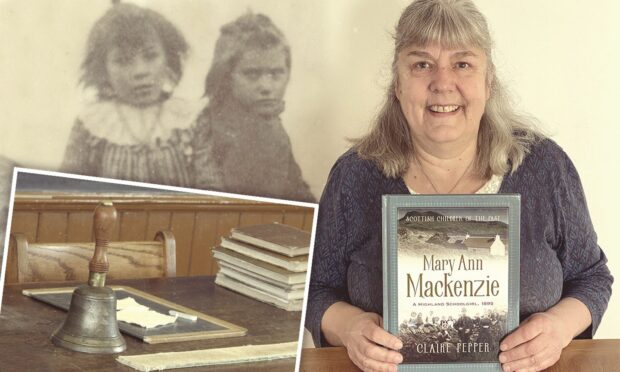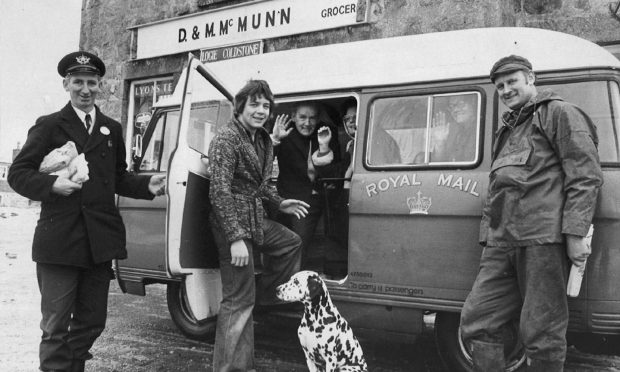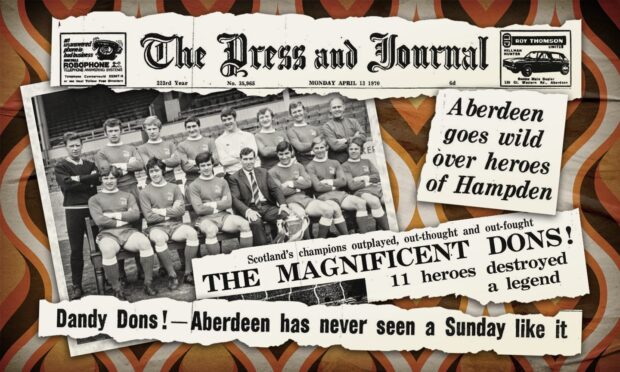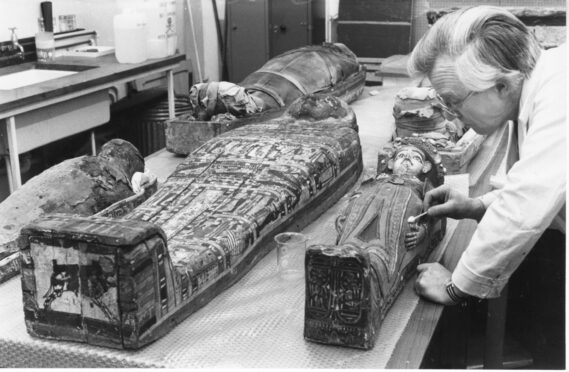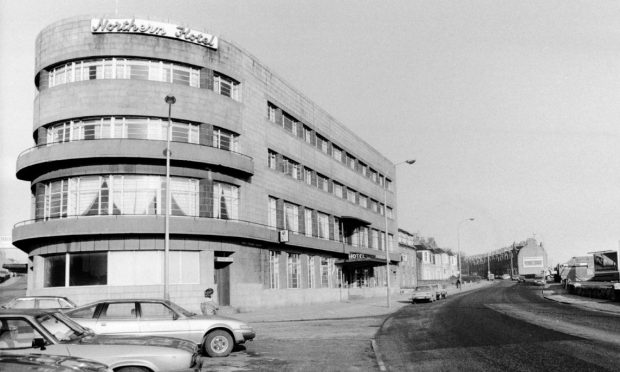Some footballers make an instant impression; while others toil away for years, gradually stamping their imprint on the game.
There was never any doubt in which camp Neale Cooper belonged. As a teenager, this refulgent Dons talent blazed into the stratosphere, helping Aberdeen secure their famous triumph over Real Madrid in the European Cup Winners’ Cup final on a rainy night in Gothenburg 38 years ago.
Yet, while others searched for superlatives, the player himself refused to buy into the hype or believe the headlines which emblazoned him as a star.
Instead, he was always as happy chewing the fat with fans as he was impersonating his former manager Alex Ferguson.
That down-to-earth philosophy was beautifully summed up by his reaction to the German maestro Franz Beckenbauer declaring – after the Dons had beaten Bayern Munich en-route to European glory in 1983 – “The young Neale Cooper is the closest thing I have seen to me at that age”.
And the Scot’s immortal reply?
“That just shows that even the very best can talk sh***.”
It’s three years this month since Cooper became the first of the Gothenburg Greats to leave us at the age of just 54 and, even now, there is tristesse at the fashion in which the youngest member of the team slipped away.
The news sparked concern and consternation – and was followed by a plethora of lavish tributes and an emotional farewell at Pittodrie – as former players and fans alike commemorated somebody they regarded as their best friend.
Cooper, born in Darjeeling in India, prior to attending Airyhall Primary and Hazlehead Academy in Aberdeen, might have left his roots to pursue his playing and managerial career at Aston Villa, Rangers, Reading, Dunfermline, Ross County, Hartlepool United, Gillingham and Peterhead.
But he was never more in his element with a spring in his step and a joie de vivre than when he was on the rampage with the Red Army cheering him on, while he and his colleagues marauded down the Beach End.
Cormack says Tattie never really left his roots behind
Aberdeen chairman, Dave Cormack, one of the myriad supporters who witnessed the heroics of “Tattie” during that halcyon period in the 1980s, summed up this week why Cooper remains such an enduring figure.
He told me: “Neale was a true Dons legend and a real character on and off the pitch, bringing passion, commitment and skill along with a great sense of fun.
“He was full of mischief and a great mimic. His impersonations of Sir Alex were hilarious and his story-telling was almost as legendary as his football prowess in the dressing room as well as at events around the city.
“He was tragically taken from his family, friends and the AFC family far too soon and his loss is still felt acutely at the club.”
Neale was happy to start at the bottom
Picture the scene: you have just left school and been offered the opportunity to join a professional football club, but then you discover that one of your first assignments is cleaning the toilet of none other than your boss.
That was the unpromising scenario which confronted the fresh-faced 16-year-old Cooper in 1979, when as a young hopeful at Aberdeen, he found himself tasked with keeping Alex Ferguson’s throne in pristine condition.
It was the sort of getting down and dirty regime which might be dismissed as demeaning these days, but the young Cooper, a keen-as-mustard ball boy and fervent football fan from his earliest days, long before he had ever signed a contract, was ready to do anything he could to succeed at the highest level.
He later recalled: “Before I made my Aberdeen debut, I was cleaning Fergie’s toilet. It was my job, looking after his room and the coaches’ room.
“Then, one day he came in and said: ‘When you have finished sorting out that toilet, get yourself home’.
“I asked why. And he replied: ‘Because you are playing tomorrow.”
A true north-east loon inspired the fans
Aberdeen Heritage Trust stalwart, Jock Gardiner, evocatively conjured up memories of the irrepressible panache and potency of the Dons team who swept all before them in the first half of the 1980s.
He said: “As an Aberdeen fan, it really couldn’t have got any better: we had the best manager of all time, the best support in the world and a fantastic side, full of great Scottish players, including several young north-east loons who were living the dream of playing for the club we all loved.
“The bond that exists between the club and the fans was really created in those heady days and the likes of Simmy [Neil Simpson], Johnny Hewitt, Eric Black and the legendary ‘Tattie’ Cooper were the guys whom teenage fans such as ourselves really identified with.
“There is an old adage that meeting your heroes can often be a disappointing experience, but that was the opposite when it came to an early encounter I had with Neale at the AFC training pitches in Seaton Park.
“We would skip university lectures to watch the training sessions which would invariably end up with some great banter led by chief japester ‘Tattie’ and the motley crew when Fergie and Archie Knox were out of earshot.”
Mr Gardiner added: “Who will ever forget that goal at Hampden Park in May 1982 in front of a near-empty Rangers End [in the Scottish Cup final]?
“Neale took so much pleasure in banging our fourth goal into the net from two yards out and showed his gymnastic capabilities with a forward roll to emulate Johnny Hewitt’s famous star jump – it was a treasured moment in Neale’s first cup final for the Dons.
“The aftermath of the match was even more entertaining for our bold hero as he and other party animals form the victorious Aberdeen team ended up on the town in Perth after escaping the more upmarket post-match dinner celebrations at Gleneagles, only to be confronted by angry Rangers fans asking: ‘Which one of you ‘sheepsh***ers’ is Neale Cooper?’
“There was no love lost between the clubs even then!”
The Govan bard clamped down on bad behaviour
Sir Alex Ferguson has become famous for his strict discipline and refusal to accept anything other than the highest standards from his charges.
The words on a sign in his office – “AhcumfiGovan” – testified to his close affinity to the Glasgow shipyards and he has never suffered fools gladly.
Yet there was one instance where Fergie preferred the role of bard to badass and it happened on a pre-season trip to Spain in the early 1980s.
It was a setting ripe for mischief and merrymaking and Neale Cooper was one of the most extrovert personalities in the Aberdeen dressing room. It led to a most unusual case of a whole team being fined – in verse.
Neil Simpson, who was also on tour, recalled the team’s unexpected and slightly surreal trip into Poetry Corner.
He said: “We were in Benidorm pre-season with Aberdeen and, inevitably, the boys get a bit bored on occasion. Neale Cooper and John Hewitt were sharing a bedroom on the fifth floor, and decided to drop a football from the window to see how high it would bounce back up again.
“So they hung out, and let it go, the ball caught the edge of the swimming pool and rebounded over the perimeter fence never to be seen again.
“When we got our payslips in at the end of the week, we found all the boys had been docked three pounds each without warning.
“It turned out Alex Ferguson and Archie Knox had been sitting by the pool and had seen the whole thing unfold in front of their eyes, and we each got a copy of a poem, written by the boss, to remind us of our responsibilities.”
There was a real sense of fun with ‘Tattie’
Cooper was an effervescent figure, the face that launched a thousand quips, and he made friends wherever he ventured in football.
Even when he was signed by Rangers manager Graeme Souness in 1988, most Dons fans joked about their former star’s flirtation with ‘the dark side’.
In the aftermath of his glory days on the pitch, during which time he collected league titles, Scottish Cup medals and European honours with Aberdeen, and added to his silverware at Ibrox yet, astonishingly, missed out on Scotland selection, Cooper proved he could cut the mustard at management level.
He was – and remains – a cult figure in Hartlepool and was inducted as one of the most cherished members of the English club’s Hall of Fame.
Yet, despite assuming a senior role at Victoria Park and steering them to uncharted heights, he was happy to indulge in spontaneous impressions of those with whom he had worked.
Sky Sports presenter, Jeff Stelling, was among those who saw how skilful Cooper could be in the art of mimicry.
He said: “I remember the first time I met him, we took a camera crew to the hotel in London where the team were staying to do an interview.
“I had heard about his reputation for doing a Sir Alex Ferguson impression so, not knowing him at all, the first thing I asked him was if he would do it – and he refused point blank, in the nicest possible way, of course.
“But ‘Tattie’ was the sort of guy who just couldn’t help himself though – and five minutes later, he was in full, fluent Fergie mode and he was excellent.
“I hope people in the football world know he wasn’t just loved in Aberdeen, but was loved in Hartlepool as well because it was his second home.”
Fans and players flocked to say farewell
Thousands of Dons fans and the Gothenburg Greats turned out to pay tribute to Cooper during an emotional farewell at Pittodrie in June 2018.
Yet it was a measure of the fun and flamboyance which ‘Tattie’ brought to his often action-packed life and times that there was plenty of laughter amidst the tears as Richard Gordon hosted the proceedings.
Joe Harper, the all-time leading goalscorer at Aberdeen, gave one of the most touching appreciations of his close friend.
He said: “In those winter nights, when you see the star twinkling, that is the star of the north and that is Neale winking at you.”
The poignant celebration concluded with the release of 220 red and white balloons in recognition of Cooper’s appearances for the Dons.
He left us and his family prematurely.
But he will never be forgotten.
